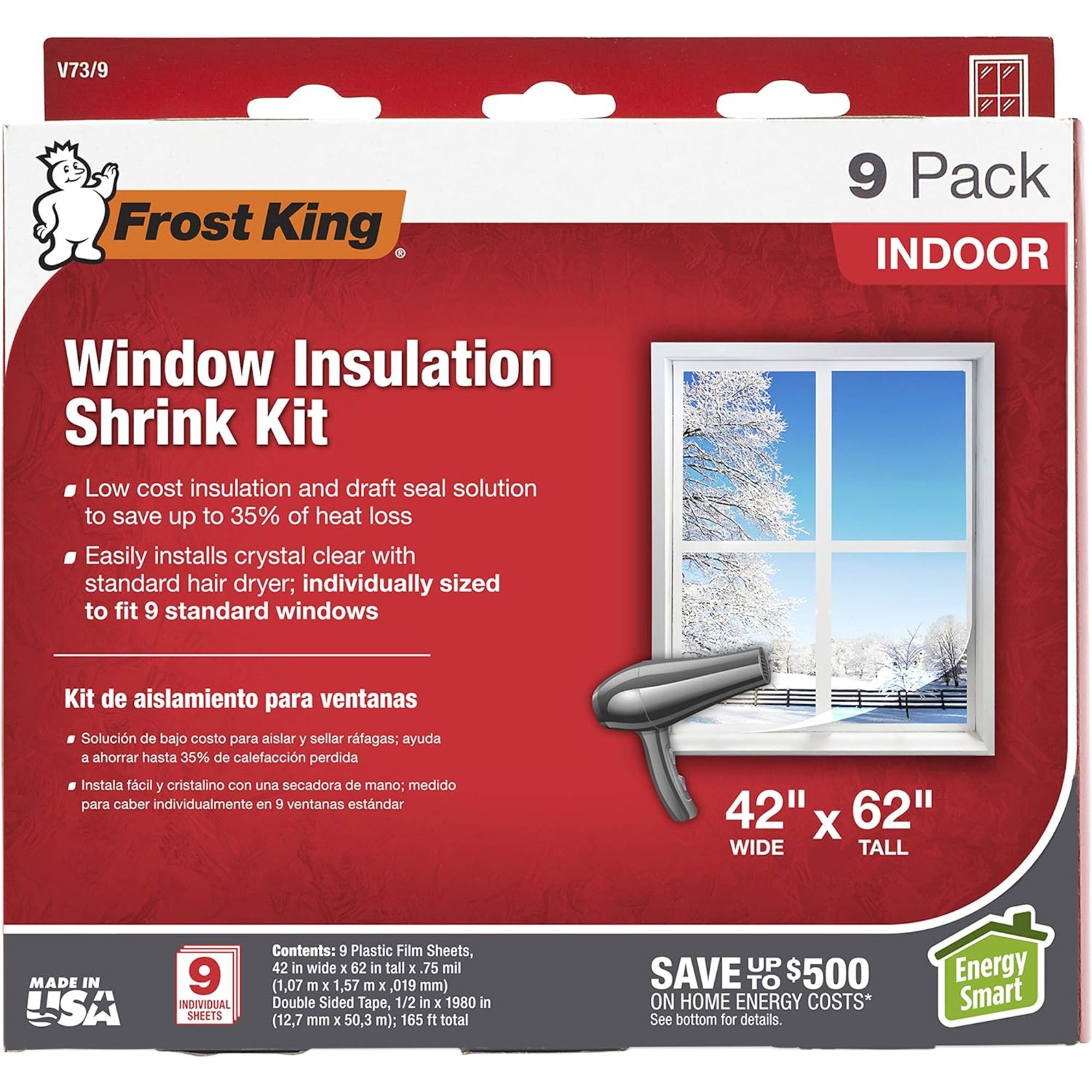5 telltale signs your home needs a vapor barrier this winter and beyond
Protect your property and lower energy bills with this installation

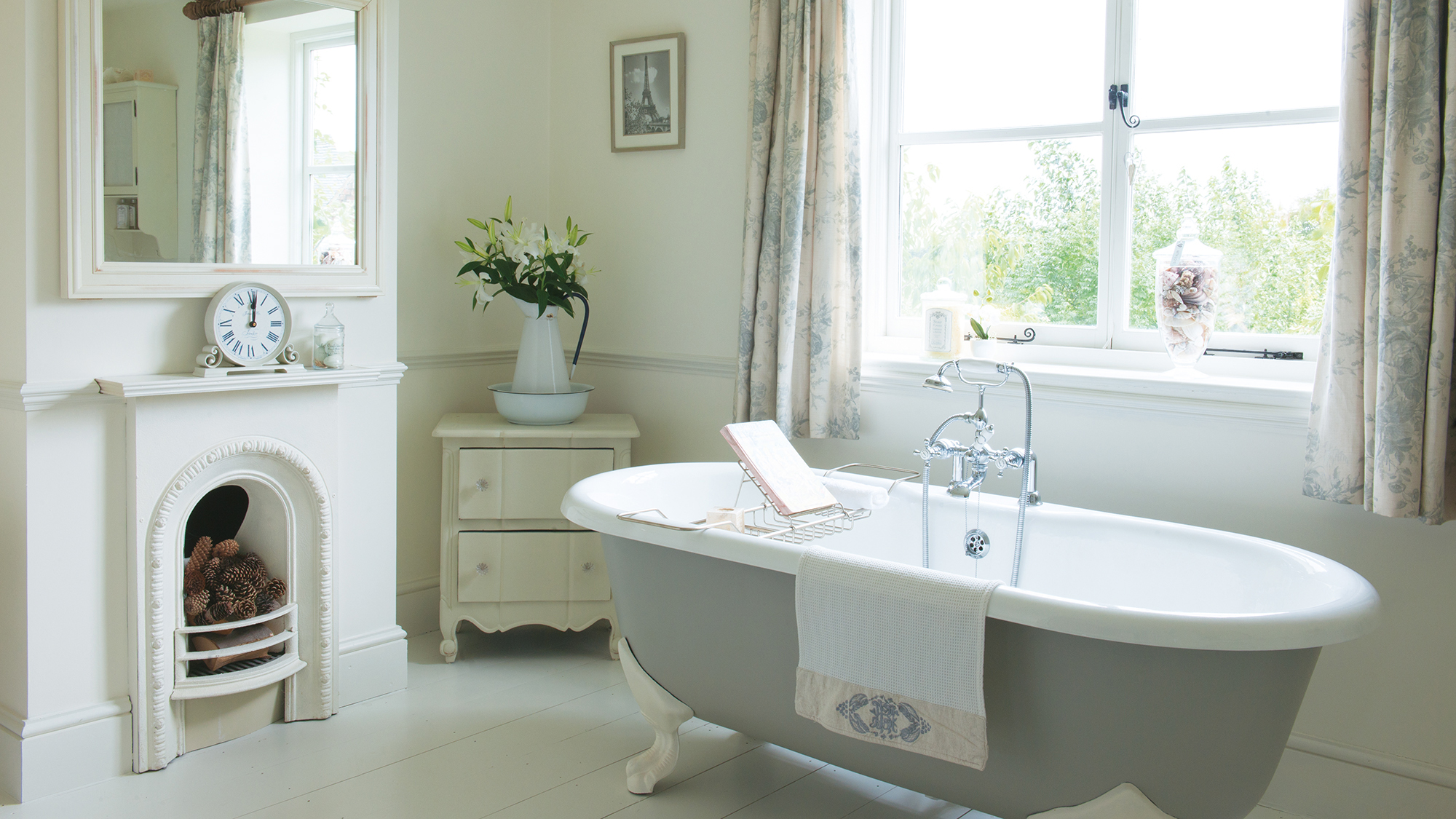
Design expertise in your inbox – from inspiring decorating ideas and beautiful celebrity homes to practical gardening advice and shopping round-ups.
You are now subscribed
Your newsletter sign-up was successful
Want to add more newsletters?

Twice a week
Homes&Gardens
The ultimate interior design resource from the world's leading experts - discover inspiring decorating ideas, color scheming know-how, garden inspiration and shopping expertise.

Once a week
In The Loop from Next In Design
Members of the Next in Design Circle will receive In the Loop, our weekly email filled with trade news, names to know and spotlight moments. Together we’re building a brighter design future.

Twice a week
Cucina
Whether you’re passionate about hosting exquisite dinners, experimenting with culinary trends, or perfecting your kitchen's design with timeless elegance and innovative functionality, this newsletter is here to inspire
No one likes a cold, damp home, but turning the heating up and improving ventilation only does so much to combat the issue.
If you are constantly dealing with mold, moisture and musty smells in your home, be it in the bedroom, basement, or crawl spaces, you could benefit from a vapor barrier, professional contractors say.
Here, they dive into the top five signs your home will benefit from a vapor barrier this winter, and how much this home renovation will cost you.
Signs your home needs a vapor barrier
Aaron Lipman, owner and professional contractor at Two Brothers Foundation Repair explains, ‘A vapor barrier is essentially a shield made of heavy-duty plastic or foil that blocks moisture from seeping into areas like crawl spaces or walls.
‘Moisture might not seem like a big deal, but when it gets into wood, insulation, or drywall, it can cause mold, mildew, and even structural damage over time. For example, when insulating crawl spaces, a vapor barrier is installed directly on the ground to keep moisture from rising into the air and causing issues in the flooring and foundation above.’
But it isn’t just helpful when insulating a basement or crawl space. They can work all over the home.
1. Musty smells and high humidity
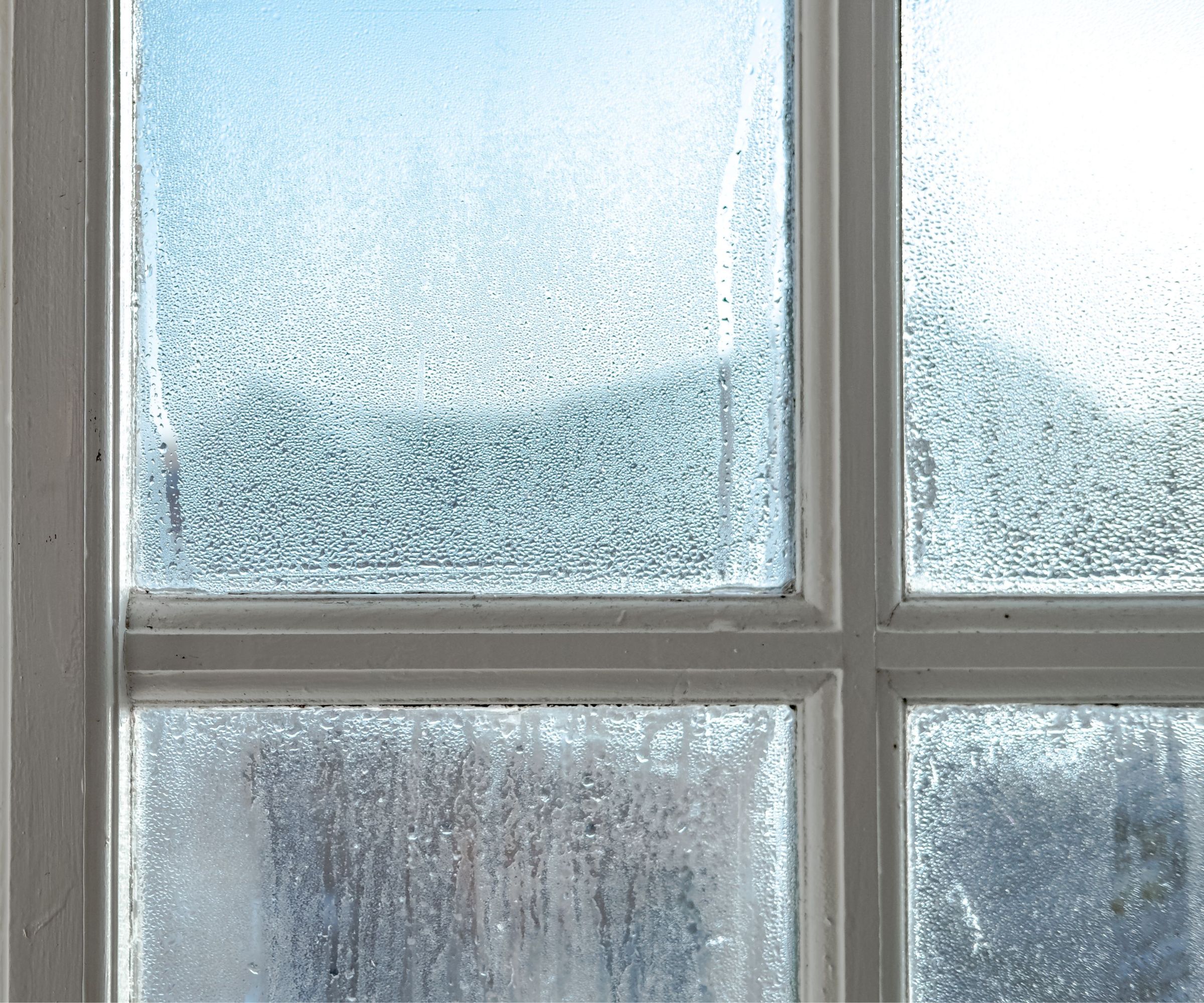
Wondering why your house smells musty? Contractor Aaron Lipman warns a build-up of moisture could be the culprit – and is a clear sign you would benefit from a vapor barrier.
Design expertise in your inbox – from inspiring decorating ideas and beautiful celebrity homes to practical gardening advice and shopping round-ups.
He says, ‘If you notice musty smells, excessive humidity, or damp crawl spaces, those are strong indicators. I strongly recommend vapor barriers because they act as an inexpensive safeguard against costly problems that can snowball if left unchecked.’
He adds, ‘Excess moisture is a hidden enemy in many homes. It can weaken wood framing, encourage mold growth, and even compromise your home's air quality by circulating allergens through the HVAC system.’
Prices correct at time of publication.
2. Warping floors or insulation

Aaron Lipman, continues, ‘Floors or insulation that looks wet or droopy are more serious warning signs. I’ve seen homeowners deal with warped hardwood floors or costly foundation repairs, all because moisture wasn’t controlled early on.’ Unfortunately, after installing a vapor barrier, you may need to replace your insulation, too, or risk trying to keep a poorly insulated house warm at great expense.
Jimmy Hertilien, senior project manager at Herts Roofing & Construction agrees. ‘In one project, my team identified peeling paint and warped siding as evidence of trapped moisture. Installing a vapor barrier not only resolved these issues but also significantly improved the overall energy efficiency by stabilizing internal temperatures.’
3. Mold
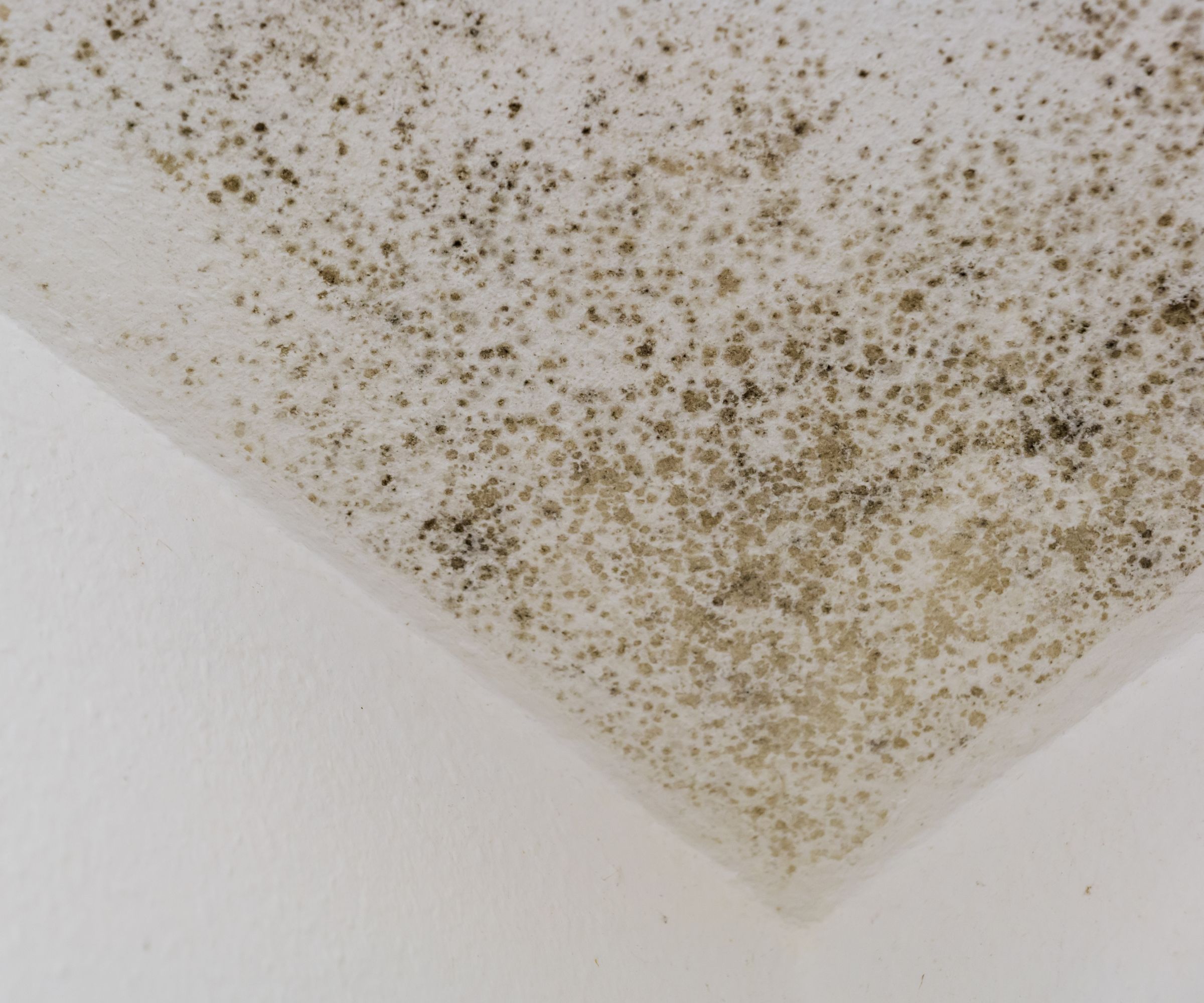
It should go without saying that frequently high humidity and condensation on walls will cause the most common types of household mold. It is not enough to get rid of black mold, however, Aaron Lipman, warns. You need to treat the cause of the humidity, which will likely mean the installation of a vapor barrier if the problem is recurring.
A dehumidifier can help with mold at home, but it will not solve the issue without the cause of the moisture being treated, and the mold cleaned away.
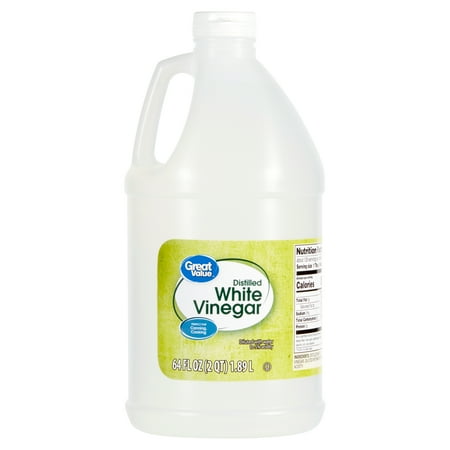
Cleaning with vinegar is one of the best ways to get rid of black mold, killing the spores at their source. However, if mold is recurring, it is best to consult with a professional to treat the cause.
4. High energy bills
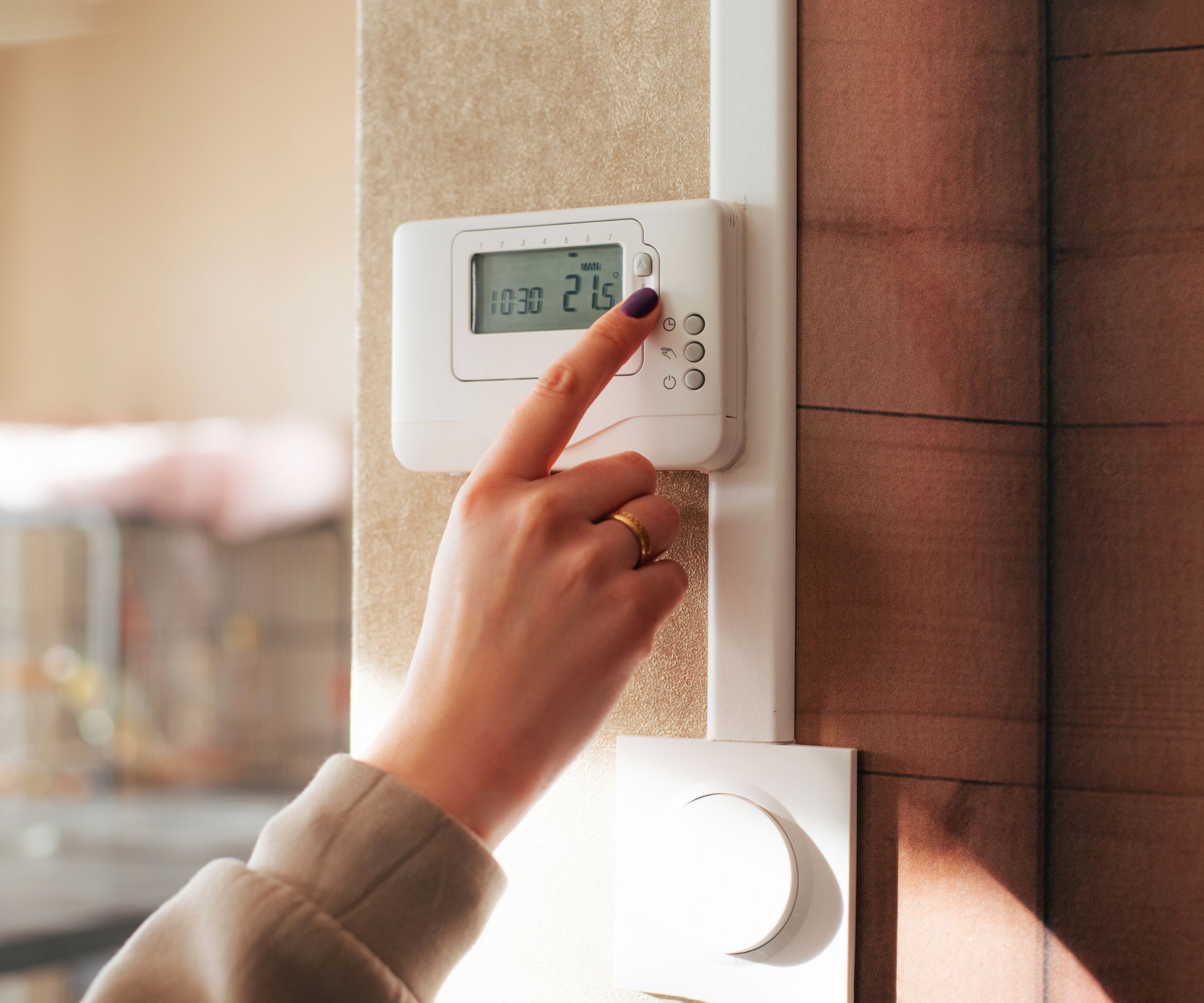
If you are constantly battling to cut energy bills with little success, then you might also benefit from a vapor barrier, Lipman says. ‘Even high energy bills can sometimes be linked to poor moisture control affecting the efficiency of your HVAC system.’
A vapor barrier will improve your EPC rating, making heating more efficient, and can even boost the value of your home at the same time.
5. You live in a humid climate

If you live in a humid climate, skipping out on a vapor barrier is one of the most expensive home renovation mistakes you can make, warns Aaron Lipman, professional contractor.
He says, ‘For homes in humid climates, a vapor barrier can prevent these headaches by maintaining a consistent moisture level under the house or within the walls. It also protects the insulation from becoming saturated, which can reduce its effectiveness. Over time, that means lower energy bills and less wear on your heating and cooling systems.’
Using the best dehumidifier, such as the five-star rated Costway Dehumidifier, from Target, will help to some extent, but will not be as effective without a vapor barrier to stop moisture constantly seeping in.
Cost of installing vapor barriers
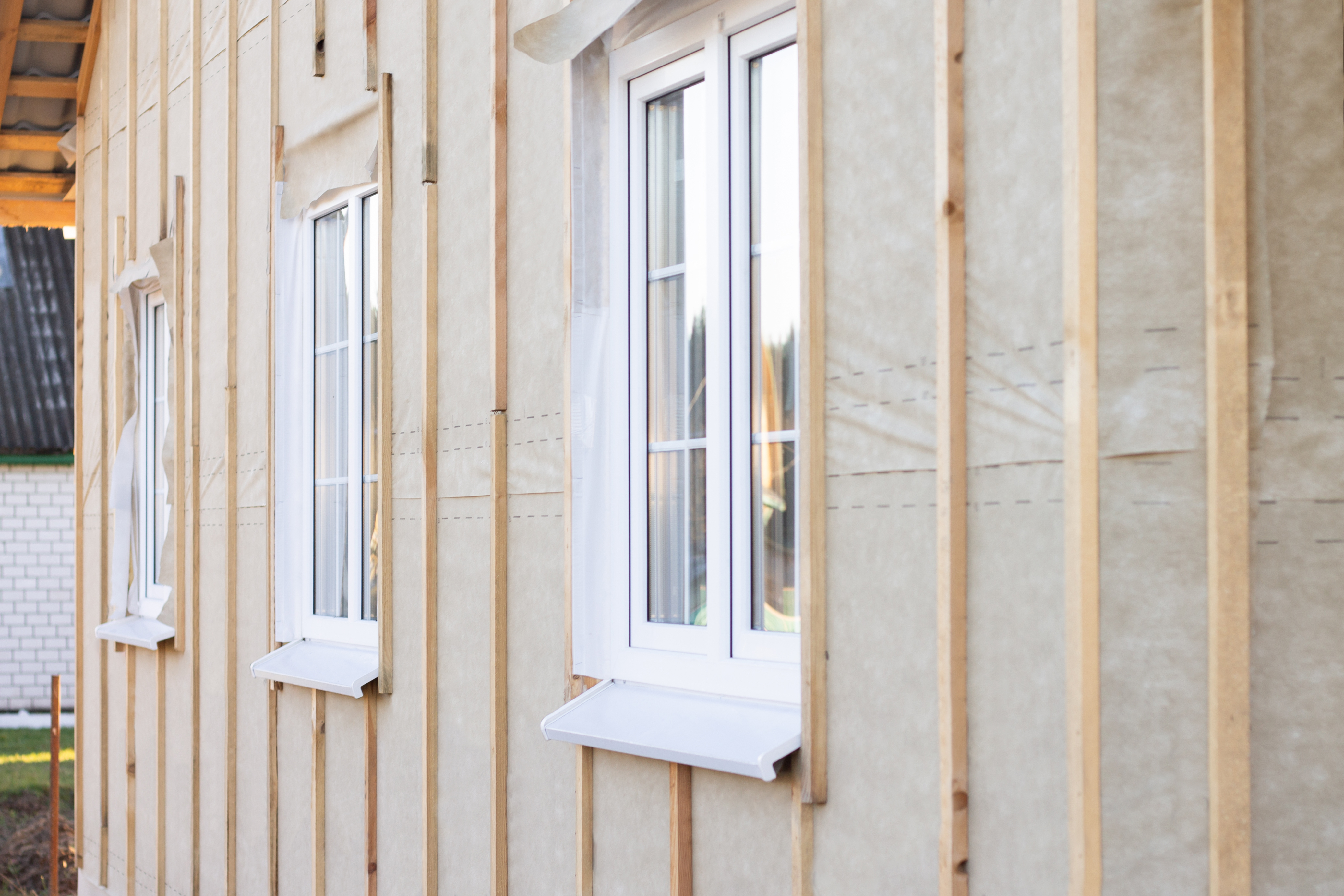
Installing vapor barriers isn't one of the most expensive home renovations, but it isn't the cheapest, either – especially as it is a household project you shouldn’t DIY.
Richard Garrett, expert contractor at RG ProBuilders explains, ‘Installing them usually involves placing plastic or similar sheeting on the side of walls and floors facing the moisture source. Costs can vary, but they typically range from $0.50 to $2.00 per square foot, depending on the material you choose.
‘I've seen how a small investment in a vapor barrier can prevent costly repairs by safeguarding against water intrusion before it wreaks havoc.’ It is certainly one of the best ROI home improvements available.
A vapor barrier is a more than worthy investment, not just for you, but for future homeowners, too. Aaron Lipman concludes, 'If you’re considering resale value, homes with moisture damage often don’t pass inspections without expensive fixes.
'A vapor barrier adds peace of mind for potential buyers, adding value to your home. And it is not just about big issues. Something as simple as eliminating musty smells in crawl spaces or basements can make your home feel healthier and more comfortable.’

Chiana is Homes & Gardens’ kitchen appliances editor. With a lifelong passion for cooking and baking, she grew up experimenting in the kitchen every weekend with her baking-extraordinaire Mom, and has developed a great understanding of how tools and appliances can make or break your ideal relaxing kitchen routine.

